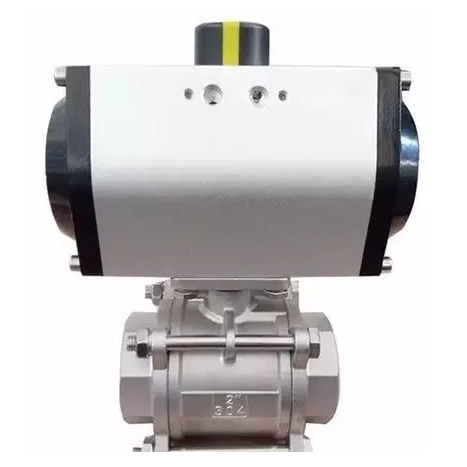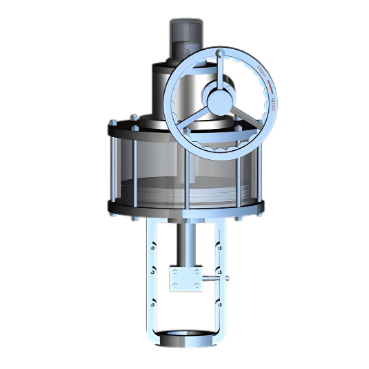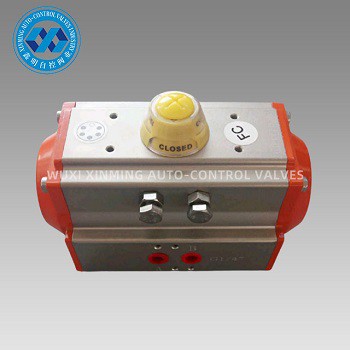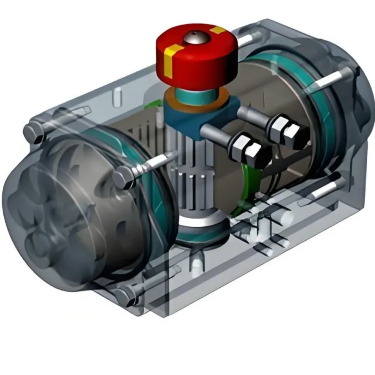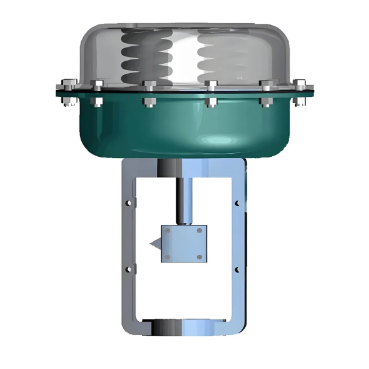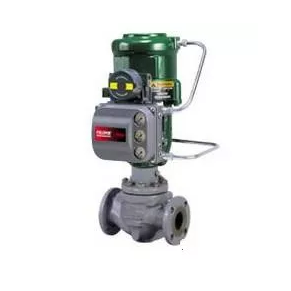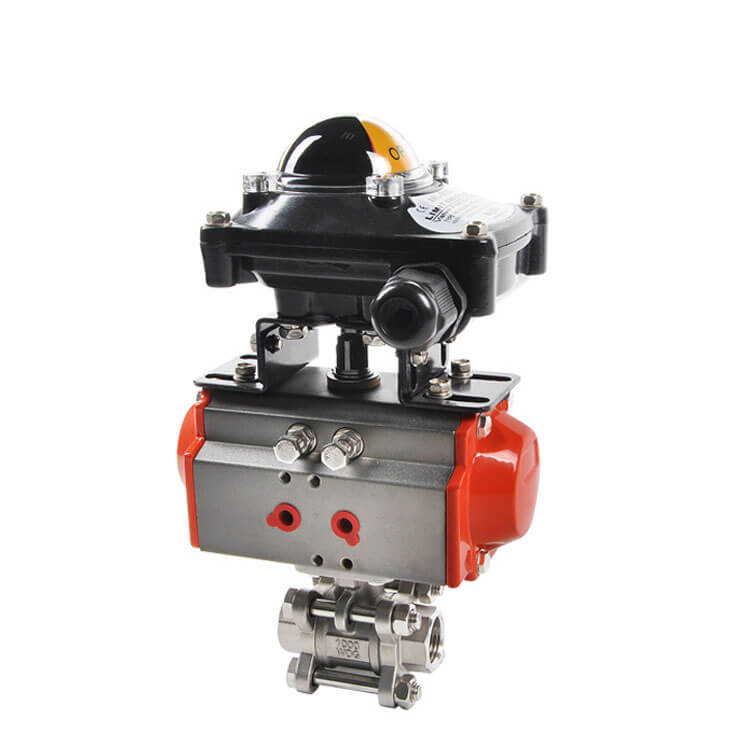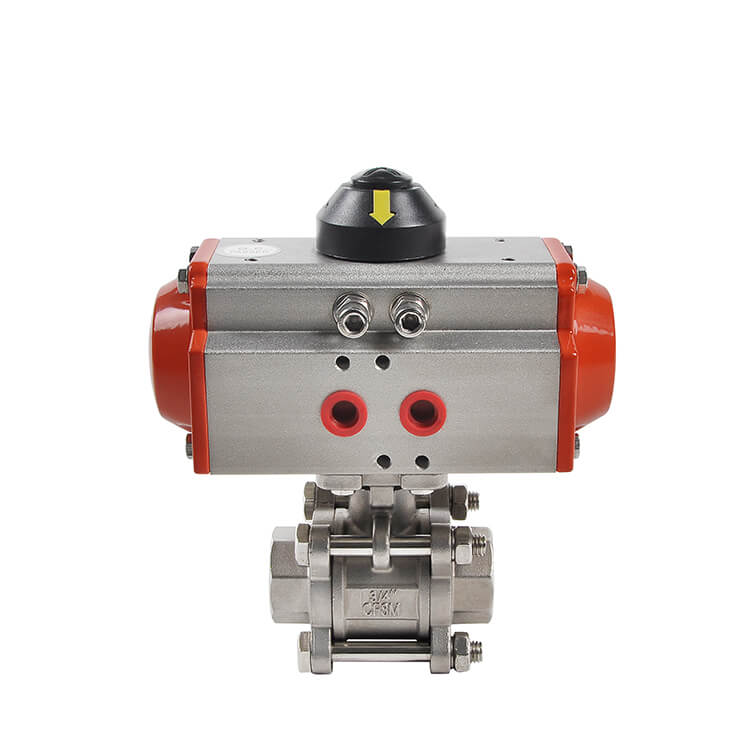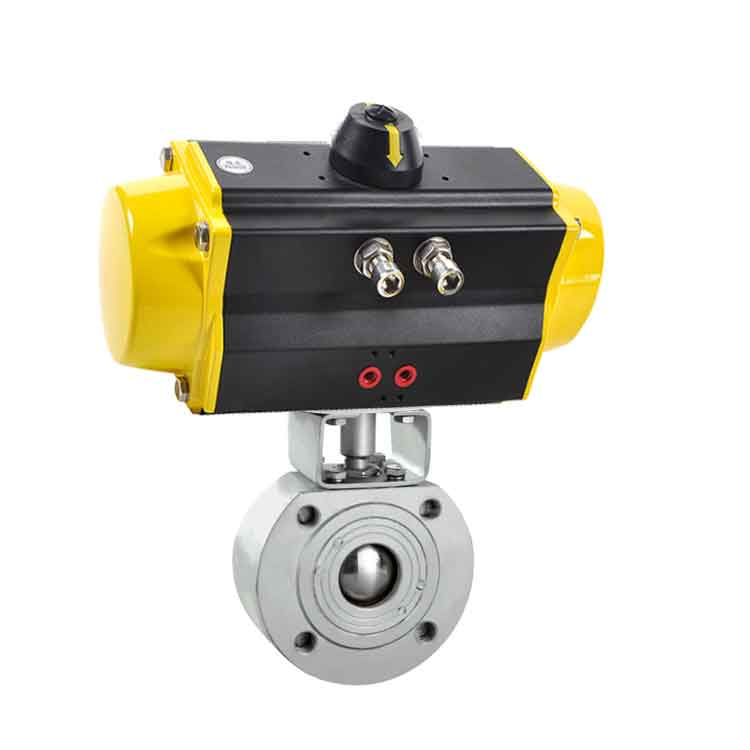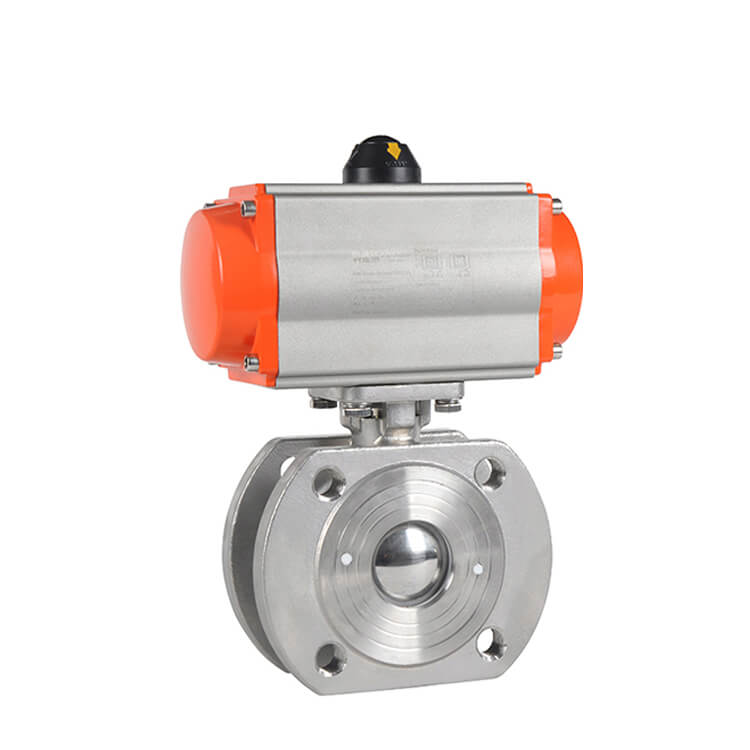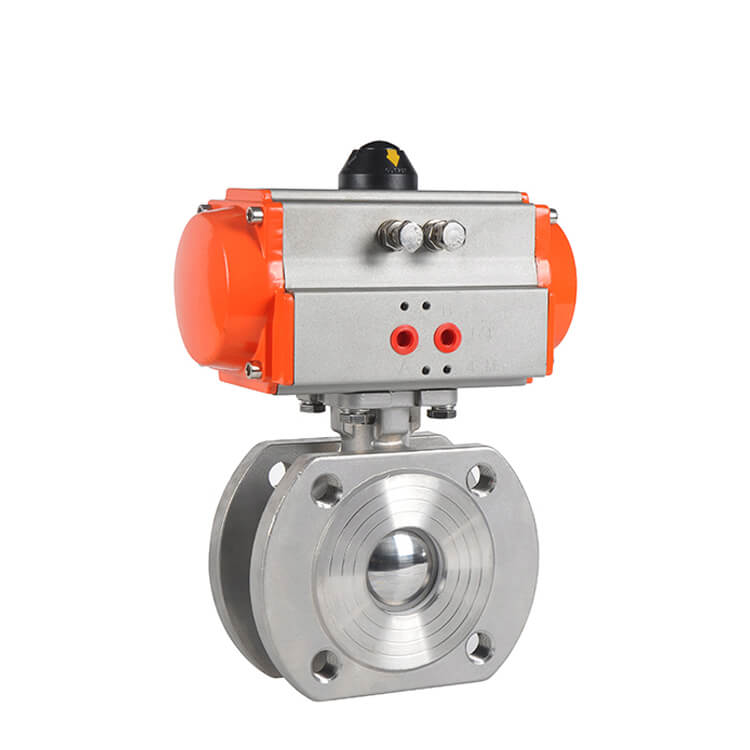Regular maintenance is essential for
extending the lifespan of pneumatic actuator valves. These valves play a
crucial role in industrial fluid control systems, and their proper upkeep
ensures consistent and reliable performance.
One key aspect of maintenance involves
checking for air leaks. Leaky air connections can reduce the pressure supplied
to the actuator, leading to slower valve operation or even failure to fully
open or close. Regularly inspecting hoses, fittings, and seals and promptly
replacing any damaged components helps maintain optimal air pressure and
actuator efficiency.
Lubrication is also vital. Moving parts
within the actuator, such as pistons and gears, require proper lubrication to
reduce friction and wear. Using the recommended lubricants and applying them at
the specified intervals prevents excessive abrasion, ensuring smooth and
efficient operation over time.
In addition, periodic cleaning is
necessary. Dust, dirt, and debris can accumulate on the valve and actuator,
interfering with their performance. Cleaning these components not only removes
contaminants but also allows for early detection of potential issues like
corrosion or damage.
Finally, calibration and functional testing
should be part of the maintenance routine. Ensuring that the valve opens and
closes at the correct pressure and position helps maintain process control
accuracy and prevents unexpected breakdowns. By adhering to a regular
maintenance schedule, operators can safeguard the integrity of pneumatic
actuator valves and avoid costly repairs or replacements.
If you want to learn more about low-priced products, please visit the following website: www.xm-valveactuator.com


